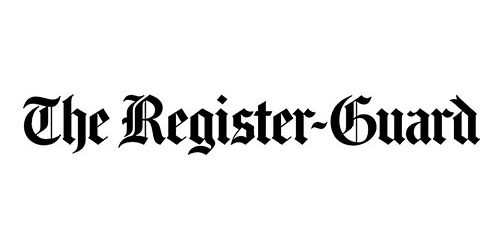The Register-Guard
A Portland pollster quoted in The (Portland) Oregonian expressed surprise that a blue state like Oregon would have a neck-and-neck governor’s race, as revealed this week in a survey conducted by a Florida company. The pollster added that the results — with Democratic Gov. Kate Brown and Republican state Rep. Knute Buehler each drawing 45 percent of respondents’ support — were consistent with his own firm’s findings. But this has long looked like a tough race for Brown, and an opportunity for Beuhler.
Democrats have a formidable voter-registration edge over Republicans in Oregon — 36 percent to 26 percent. But 31 percent of voters are not affiliated with any party. These voters will decide the governor’s race in November, and either of the leading candidates could gain their support.
Brown’s biggest liability is that she follows a line of Democratic governors stretching back to 1987. If there’s anything about state government that voters don’t like, primary responsibility can be assigned to Brown and her predecessors. The state’s most serious problems — mediocre public schools and an increasingly burdensome public pension system — would be difficult for the leaders of any party to solve. But the lack of progress on these issues will make voters ready to listen to the argument that it’s time for a change.
Buehler, for his part, has so far succeeded in avoiding his biggest potential liability by defining himself as something other than a Donald Trump Republican. He describes himself as pro-choice on abortion, for instance. Though Democrats reject that self-characterization, a Trump clone would not even make the claim. Buehler hopes to present himself as a Republican in the tradition of those who led Oregon during what is now, and not always accurately, remembered as a golden age — Tom McCall, Mark Hatfield, Dave Frohnmayer and others.
If the 2018 governor’s race is about Oregon and not about Trump, Buehler stands an even chance.







